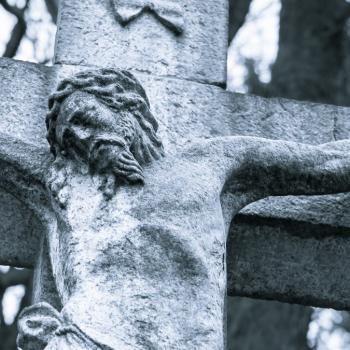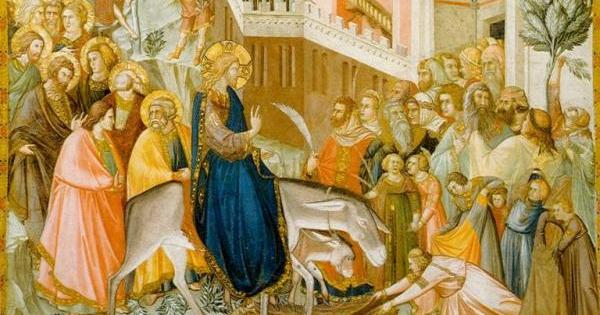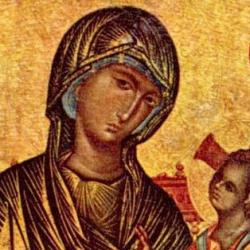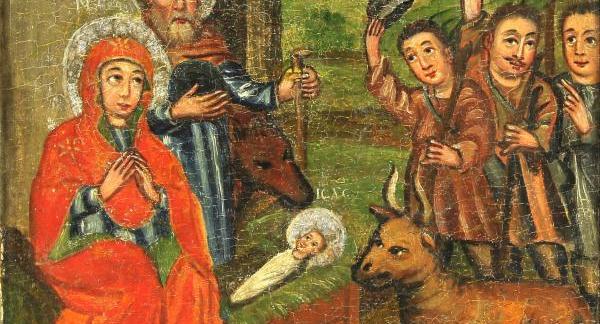I’m guessing that when most pastors preach about Mary, the mother of Jesus, they don’t also talk about poor, single women and welfare reform.

But that’s exactly what Traci West suggests we think about when we think about Mary.
In Disruptive Christian Ethics: When Racism and Women’s Lives Matter, West reads Mary’s Magnificat as having a great deal to say about the plight of poor, single women in our day.
Mary’s song, which is familiar to most of us who grew up hearing the birth narratives told over and over, begins,
“My soul magnifies the Lord, and my spirit rejoices in God my Savior, who has looked with favor on the lowliness of God’s servant. Surely, from now on all generations will call me blessed…”
But West urges us to look closer at the song, and the story of the birth of Jesus. Let’s not neglect the details: Mary’s young age at the time of pregnancy (most likely 12 or 13 yrs, but probably not more than 18) and her precarious socio-economic position as a young, poor, unmarried woman.
In a patriarchal, hierarchical society which discriminated against single, pregnant women (“illegitimate” pregnancies often meant a punishment of death), she accepted the word of the messenger–and her pregnancy–as a blessing from God.
And God reversed the order: It would be through an unmarried, poor, unmarried (though betrothed) woman that the Messiah would come and would bring salvation to the world.
West argues that when we interpret Scripture, we tend to look for “universal” moral values and ethical principles. We neglect the particularities that should capture our attention. She writes,
For this reason, single poor mothers who depend upon public assistance may seem unworthy of being lifted up as the most likely group that Mary’s message in the Magnificat would champion. Seemingly, these women and girls do not possess moral qualities that have universal value, and they are frequently regarded as a particular problem group in the society to be either ignored or brought under control through stringent policies.
However, Mary’s insistent words in the Magnificat carry a message about God’s concern for the particular lives and needs of the lowly and poor. Her message stresses God’s powerful actions on their behalf. Furthermore, in the canticle, salvation of this particular group, the lowly and the poor, is linked with the salvation of the broader faith community of Israel. Christians might be guided by this scripture to judge the morality of Christian faith communities, and even of the broader U.S. society, by assessing their public attitudes about and practices in the interests of poor mothers who need public assistance. To authentically reflect the scripture, a comparison of community attitudes about and practices in the interests of the rich would also have to be added to this assessment. (82)
To understand the inspiration of this comparison, we need only reflect on another line of the Magnificat:
“God has brought the powerful from their thrones, and lifted up the lowly / God has filled the hungry with good things and sent the rich away empty” (1:52).
The story of Jesus and the salvation proclaimed and offered in the gospels is for everyone (I would urge), nonetheless West gives us good reason to reflect on the situations of those for whom the gospels seem especially concerned: the vulnerable, marginalized, oppressed, and victimized.
It may be, in fact, through the “good news” announced to those most vulnerable among us, that the most powerful among us might also be saved.
This advent season may we look, perhaps closer than we usually do, to a new and better way of living with the gospel.











